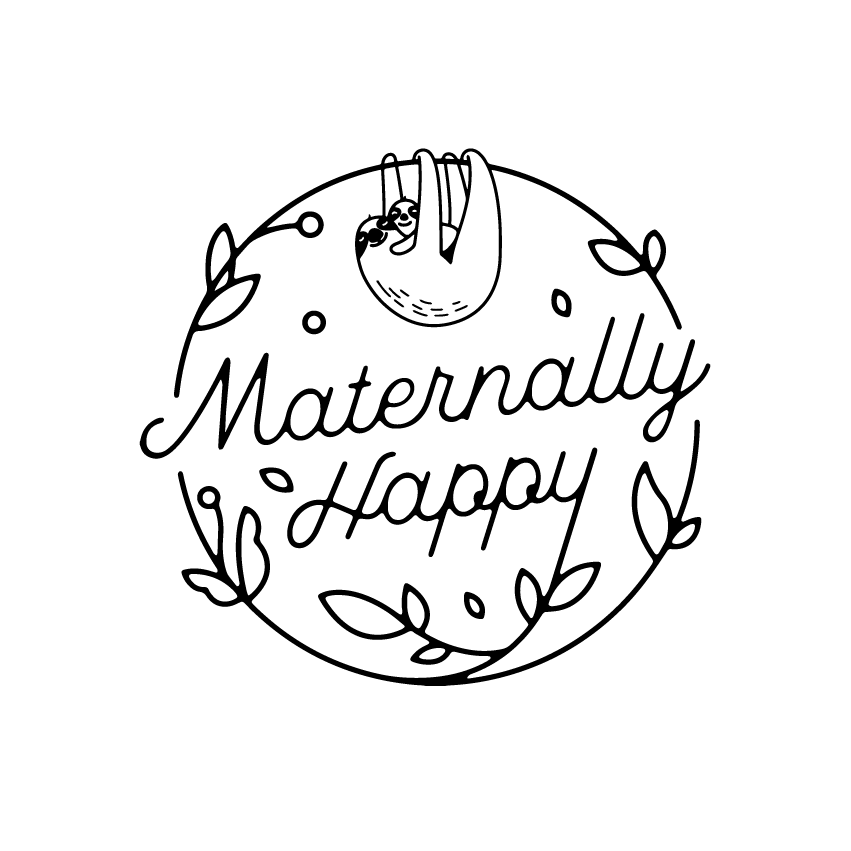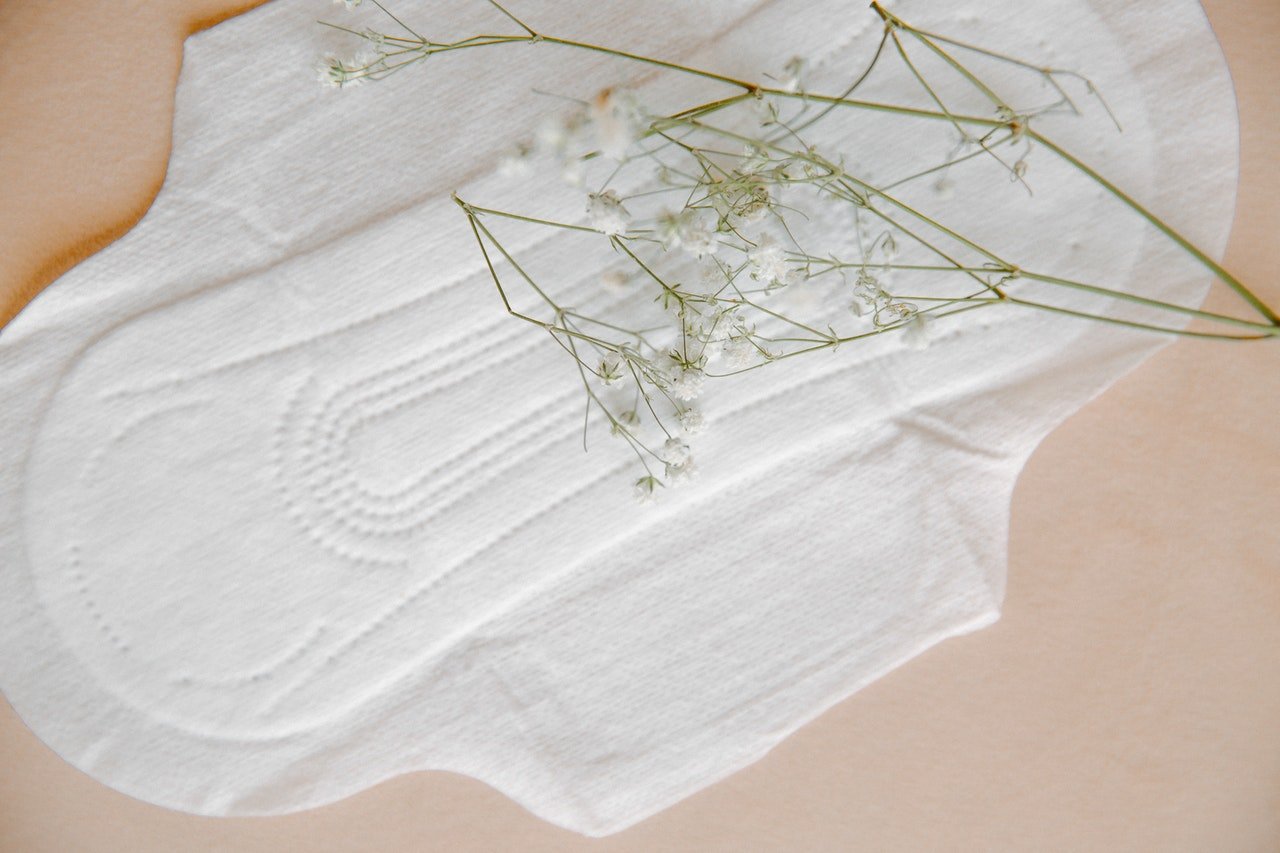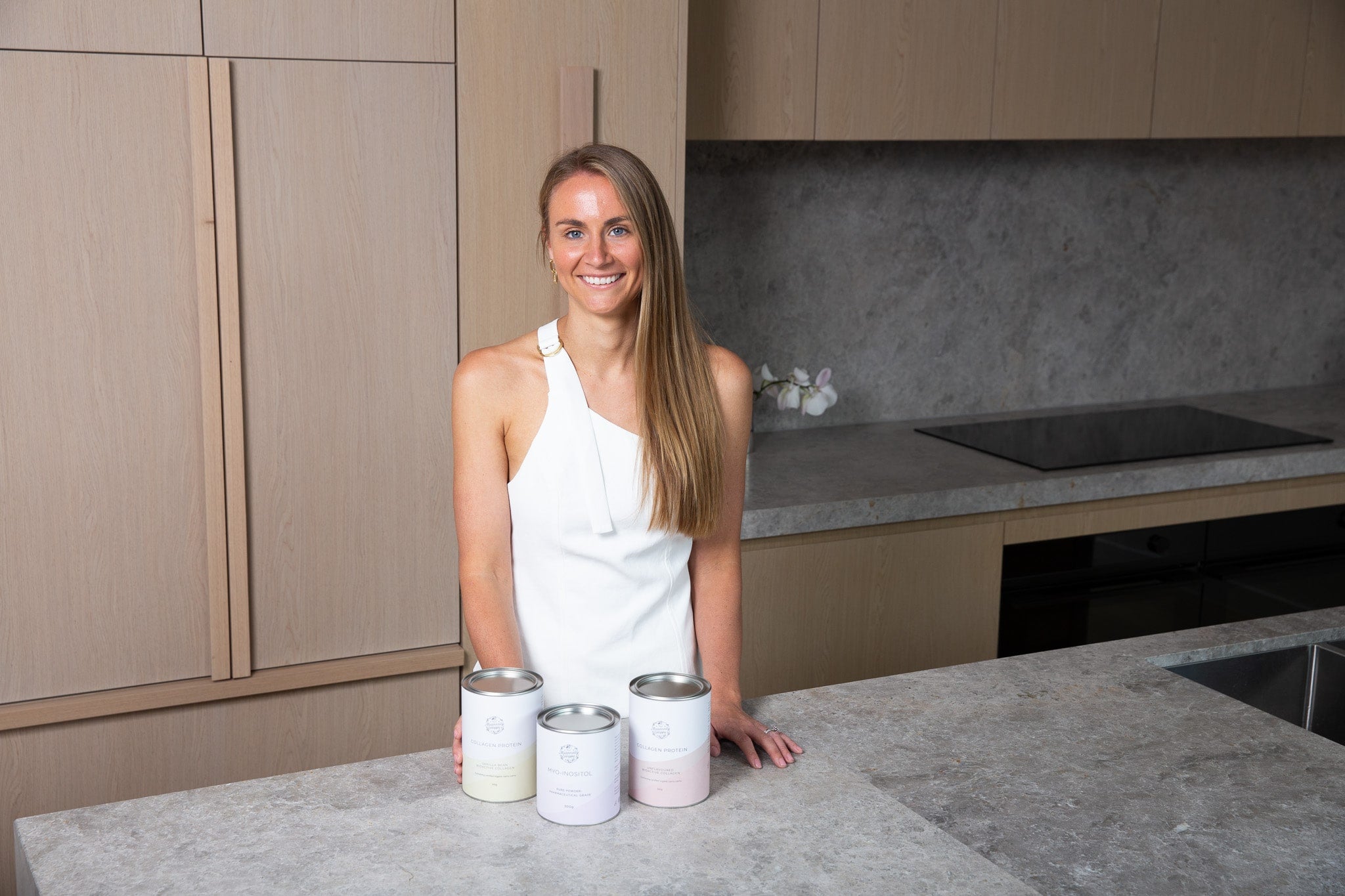



Article: Perineal Care After Birth: How to Heal and Recover Postpartum

The perineum, the area between your vaginal opening (vulva) and your back passage (anus) plays a vital role during vaginal birth. This tissue stretches significantly as your baby is born, and sometimes it tears or requires a surgical cut (episiotomy) to assist delivery, especially if your baby is in distress or if instruments (forceps or vacuum) are used.
Perineal care after childbirth is an essential part of postpartum recovery. With the right steps, you can help reduce swelling, manage pain, and support your body’s natural healing process.
During vaginal delivery, tearing is common, and the degree can vary:

Here are evidence-based postpartum recovery tips to help care for your perineum:
1. Reduce swelling and discomfort
2. Support pain relief safely
3. Maintain hygiene
Wipe front to back to prevent spreading bacteria from the anus to the vagina.
4. Prevent strain on pelvic muscles
5. Support tissue repair from within
While recovering in hospital or at home, alert your midwife or obstetrician if you notice:
If you’d like to give your body an extra boost during recovery, our Collagen Supplements are formulated to support tissue repair, wound healing, and skin regeneration - perfect for helping your perineum heal after birth.
About the Author
Caitlin Gilmore: Nurse, Midwife & Nutrition Consultant

Caitlin is the founder of Maternally Happy, an Australian wellness brand specialising in bioavailable supplements, prenatal vitamins, and evidence-based resources designed to support women from preconception through postpartum.
With qualifications as a Nurse, Midwife, and Nutrition Consultant, Caitlin combines over a decade of clinical experience with nutritional expertise to deliver trustworthy, research-backed advice. Her writing focuses on fertility, pregnancy, postpartum recovery, and hormonal health - helping women cut through the confusion with practical, evidence-based information.
When she’s not formulating practitioner grade supplements or supporting her community, you’ll find her enjoying a chai latte, hiking in nature, or spending time with her family, friends, and two border collies.